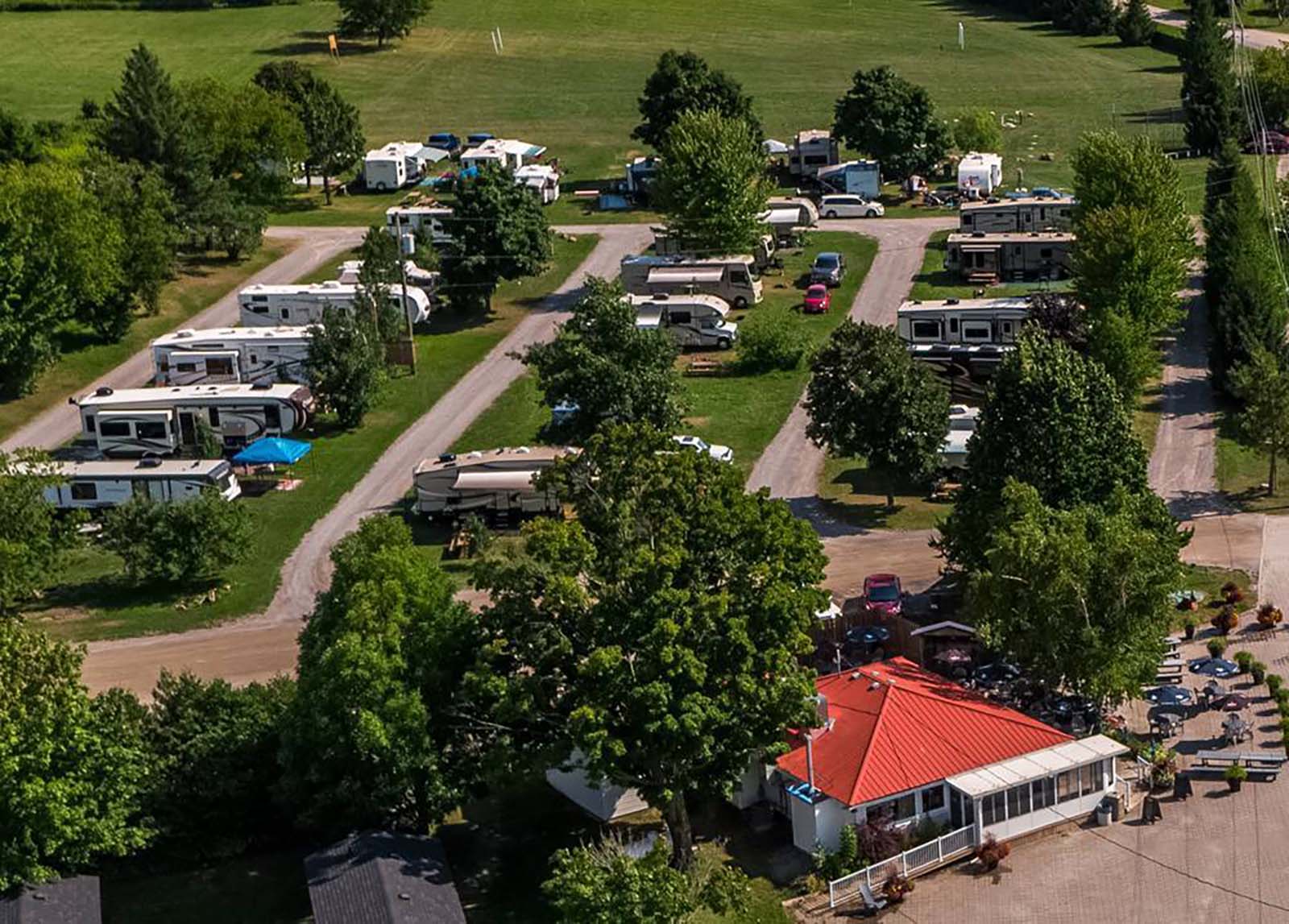Title: Identifying Common Causes of RV Battery Drainage

Introduction: As an RV owner, it is essential to keep your battery in optimal condition for a smooth and hassle-free journey. However, it can be frustrating to find your RV battery drained when you need it the most. In this article, we will discuss several common causes of RV battery drainage and provide tips to prevent them.
h2: Common Culprits Behind RV Battery Drainage 1. Parasitic Draws: Parasitic draws occur when certain devices or systems consume power even when the RV is not in use. Examples include clocks, smoke detectors, propane detectors, and radio memories. Ensure all devices are turned off or disconnected when the RV is not in use.
2. Faulty Battery: A faulty battery can cause rapid discharge or fail to hold a charge. Check the battery’s age, look for visible signs of damage or corrosion, and ensure proper maintenance to prevent premature battery failure.

3. Inefficient Refrigeration: RV refrigerators can consume a significant amount of battery power if they are not operating efficiently. Ensure proper ventilation, adequate insulation, and use of energy-efficient settings to minimize battery drainage.
4. Overuse of Lighting: Leaving lights on unnecessarily or using high-powered light bulbs can quickly deplete your RV battery. Consider switching to LED bulbs, which are energy-efficient and have a longer lifespan. Always turn off lights when not in use.
5. Electrical System Issues: Faulty electrical connections, wiring issues, or damaged power inverters/converters can cause abnormal energy drains. Regularly inspect your RV’s electrical system, look for loose connections, and promptly fix any problems to avoid battery drainage.

h3: Preventative Measures for RV Battery Drainage 1. Disconnect Unused Devices: When storing your RV for an extended period, disconnect or turn off all devices that consume power unnecessarily. This includes electronic gadgets, chargers, and appliances.
2. Use Battery Disconnect Switches: Consider installing battery disconnect switches to isolate the battery from the RV’s electrical system when not in use. This will prevent parasitic draws and ensure the battery remains charged.
3. Regular Battery Maintenance: Frequent battery maintenance includes cleaning terminals, checking fluid levels (if applicable), and ensuring proper voltage. Follow the manufacturer’s instructions and use recommended battery care products.
4. Energy-Efficient Appliances: Opt for energy-efficient appliances when outfitting your RV. Look for labels such as Energy Star ratings and power-saving features to reduce battery consumption without compromising functionality.
5. Solar-Powered Battery Charging: Utilizing solar panels can help maintain your RV battery’s charge while boondocking or during extended stays where electrical hookups are not available. Solar power is an eco-friendly and cost-effective solution.
Conclusion: Regularly assessing and addressing the common causes of RV battery drainage is crucial for an uninterrupted and enjoyable camping experience. By being proactive and implementing preventative measures, you can extend your battery’s lifespan and minimize unexpected battery-related issues. Stay charged and ready for your next adventure!

